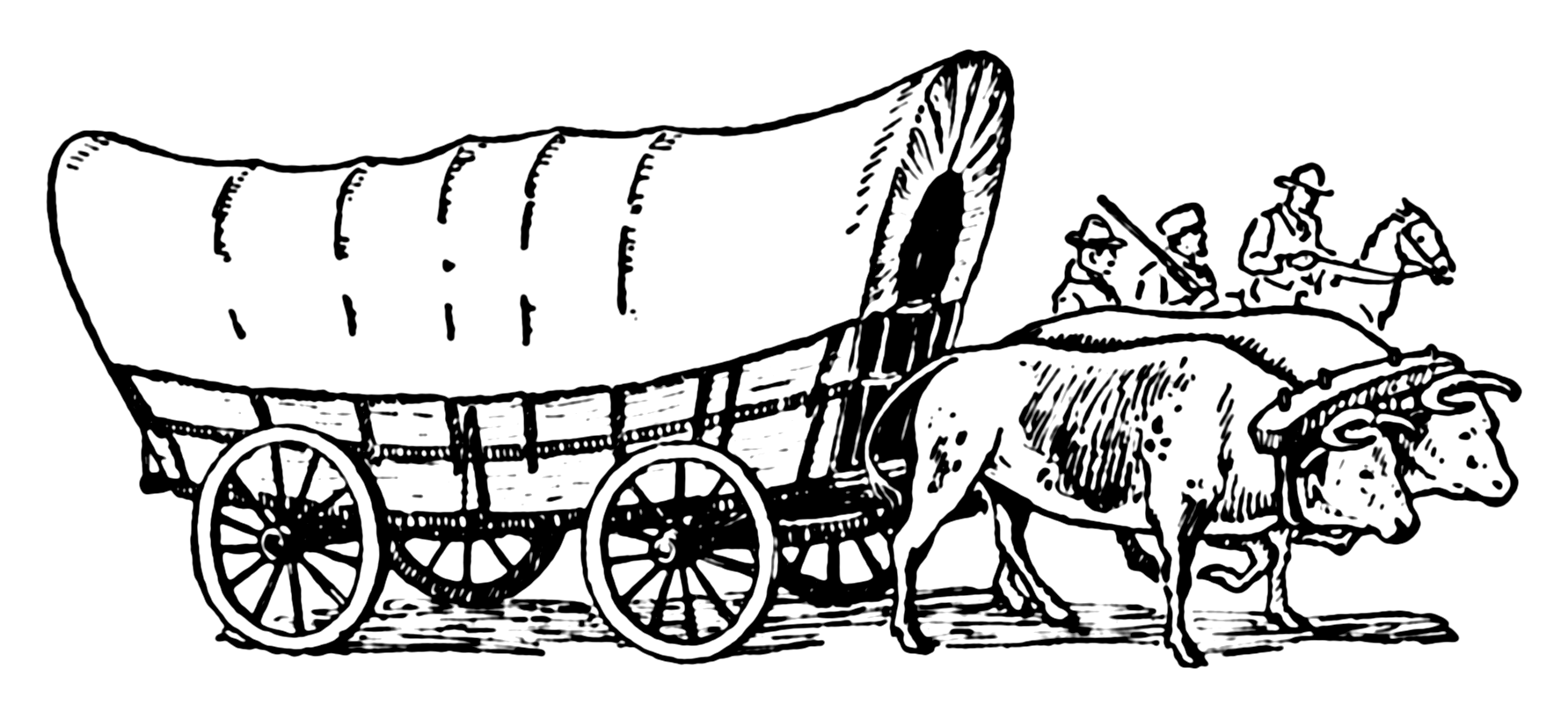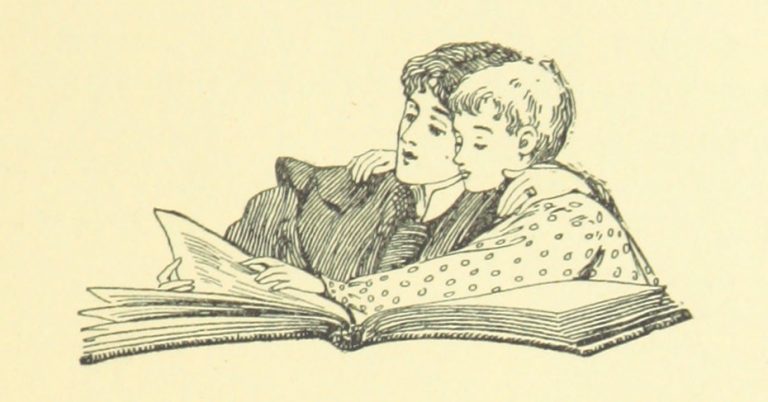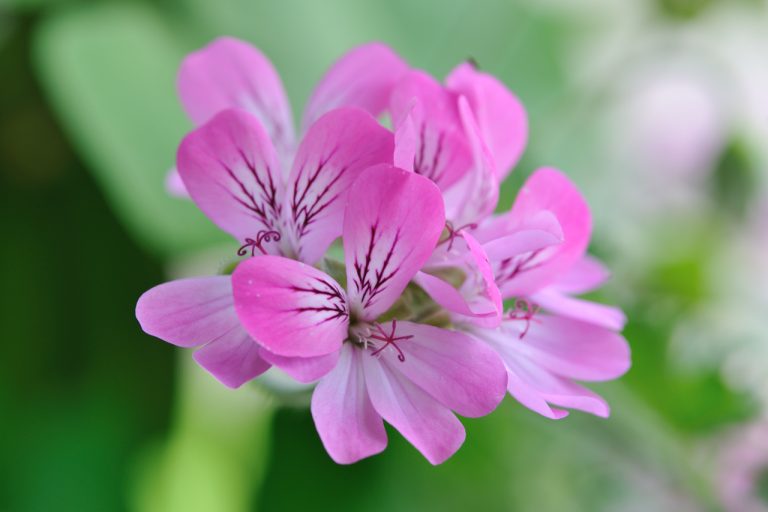Adapted from the Swedish Folktale written by Helena Nyblom.
There was once a young man called Jolly Calle, who really couldn’t help being happy. Although he was poor and orphaned, he did not want pity. On the contrary, he was quite pleased with his lot in life. If someone thought he was sad, he would promptly correct them.
“Well, I did have parents anyway, and, unlike some children, I can remember them, too! My father would whip me and my mother would comfort me. Since they are both in heaven now, I am happy for them and the care they gave me,” he said, laughing.
Calle rejoiced in the rain, and loved to get all wet. He made the most of stormy weather, letting the wind push him from behind, to catch a “free ride.” But he felt that sunshine was a great blessing as well, treasuring the idea of “a bit of blue sky and sunshine to hold in your heart.”
Calle earns a living
Carefree as he was, Calle knew he had to earn a living, so he took up an old shoe brush and headed out into the world. Coming across a corn field, he exclaimed, “Why, my corn fields are so lush and full, there will be no want for me this winter!”
Success
You are now signed up for our newsletter
Success
Check your email to complete sign up
The perturbed voice of a farmer behind him demanded, “What are you on about? Those are my fields and my corn. You won’t be feeding off it, boy!”
Calle responded, laughing, “Oh, I don’t mean to take your corn, but I thank you kindly for the care you have taken to tend to these lovely fields which are mine to enjoy.” And he danced off through the corn.
At the end of the day he arrived in a bustling town. The other pedestrians had dusty shoes and readily allowed Calle to brush them up. He chatted amicably with each of them, earning a bit of money for a meal. Then he brushed his own shoes again and went on to explore the town.
Of the many fine houses he saw, there was one mansion that was far and above the most beautiful. He stopped to admire it, crying, “Why, this house of mine beats all the rest!” The footman caught his words and scoffed, “Your house…What nonsense! This is the house of Master Nabob, the richest man in town.”
“Then I must thank Master Nabob for keeping such a beautiful house for me to look at,” said Kalle, happily, sniffing the roses before he went on toward the market.

At the market, he found a remarkable array of fresh fruits and vegetables set up in stalls with colorful awnings. He took a deep breath of all the tantalizing scents around him, and decided on some plums to satisfy his hunger. He leaned against a stall as he ate, and watched the other customers going to and fro.
While there were other youths like Calle enjoying a bite to eat, there were far more females at the market. Ladies with their servants made up the bulk of the crowd, and the boys were happy to watch them. At one point they began whispering excitedly, “She is coming, here she comes!”
A lovely young lady emerged from the crowd. Her clothes were exquisite, but she herself was even more beautiful.
The lad next to Cally nudged him, “What do you think of her? She is a great treasure, but none of us will ever get even the honor of tying her shoes.”
As the lady passed them, however, Calle called out, “My dear Lady, there is dust on your shoes,” and swooped in to polish them. She was very gracious and thanked him sweetly. “What a treasure you are. You’ve made my shoes so bright and shiny!” She then went on her way, patting him kindly on the shoulder.
“See that,” said Calle, to the other boy; I not only tied her shoes, I polished them! I got a kind pat and she called me a treasure, as well!”
“You may have touched her feet, but you will never gain her hand,” said the other. To this, Calle responded, “Why would I want to be her husband? What stress and pressure that would bring. I am delighted to have set eyes on her, though. That was happiness indeed.”
Some days later he made his way along the highway again. When he came upon an inn, he sat down for a break and ordered a bowl of curds and whey. As he waited for his refreshment, six oxen-drawn covered wagons came down the road, filled with bags of money. As the server set his meal in front of him, Calle asked who the wagons belonged to.
The boy answered, “Those are the wagons of Master Nabob, who you can see sitting over there in the best seat. He’s eating prune soup in a silver bowl.”
Cally Philosophizes with Master Nabob
While Master Nabob was richly dressed and decorated, and sat consuming plump prunes with dessert wine, he hardly looked satisfied. In fact, he looked rather sickly, with a sallow complexion, sunken cheeks, and despair in his eyes.
Jolly Calle thoroughly enjoyed his curds with a wooden spoon, and exclaimed, “Oh, how good, this is wonderful,” catching Master Nabob’s attention. “What is it that’s wonderful?” he asked.
“Why, it’s these curds and whey, sir,” he replied. “I’ve never had anything so sour and so tasty in my life.”
“Wouldn’t you rather have prune soup like me?” asked Nabob.
“Goodness, no!” answered Calle; “Other foods taste sweet after eating something sour, but if you eat something very sweet, it will spoil the taste of other foods.”
“You are no fool,” said Nabob, and they each finished their meals.
The secret to happiness
After dinner they both sat in the garden of the inn. Master Nabob ordered a great number of things to enjoy, yet he found satisfaction in none of them. One after another he complained about everything, and the servants hardly knew what to do.
Meanwhile, Jolly Calle sat beneath a shade tree with a mug of ale in his hand and his short pipe in his mouth, and looked up at the summer sky. Feeling utterly happy he burst into laughter, again catching the attention of Master Nabob, who demanded to know what he was laughing about.
“Don’t worry,” said Calle, “I’m not laughing at you.” And soon he was laughing again.
This perturbed Nabob to no end. “What on earth is he laughing at?” he yelled. “Go find out why he is laughing.” The server brought back Calle’s answer that he was laughing at nothing whatsoever; but his happiness could not be contained and he soon burst forth with more laughter.
Finally Nabob became so annoyed that he sent a silver coin to make Calle stop laughing.
It worked, but not in the way Nabob had hoped. Cally angrily rejected the coin, and threw it down on the table. Feeling quite harassed, he got up and left the inn, making his way down the highway again.

Soon he heard the rumbling of wheels behind him, and turned to see Master Nabob in his fine coach, followed by his six wagons piled with money. Coming up alongside him, Nabob offered Calle a ride, but Cally refused. Spending a beautiful day walking among the scent of fresh-mown hay and singing birds was preferable to sitting besidea grumpy old man who smelled of wine.
Nabob seemed to have a change of heart, made a great fuss to get out of the coach himself, and politely asked Calle if he could walk with him. Cally, although bewildered, readily agreed, and they made their way together down the road.
Presently, Nabob began to talk. “My first encounter with you was when you were admiring my house, but were happy not to own it. Then I had a much better meal than you, yet you would not trade places. And finally as I sat there with everything that a man should enjoy, I was unhappy, while you sat there laughing with practically nothing.”
What money cannot buy
“I have everything that money can buy, and yet I am not happy. I carry my gold with me like a ball and chain. You are such a strange lad, always cheerful with no desires. It makes me wonder whether there are things that one cannot buy with money.”
Calle responded. “Can you buy sunshine, health, or good temper for money?”
“Of course! That’s it!” cried Nabob. “Good temper. That’s what you have that I don’t. I must have some at all costs.”
Calle laughed, “And what will you give me?” Nabob offered him increasing amounts of money… “One hundred thalers… one thousand thalers, a whole wagon full of money,” but Calle refused.
“Three wagons… Four… Five wagons full of money I will give you!” but Calle called it poor payment.
They reached the edge of the wood where the wagons had parked, and Nabob pleaded, “Calle, my friend, take all my six wagons of money, my coach and coachmen as well. Just give me your good temper!”
Calle answered him “No, I cannot. You turn sick at the sight of God’s gifts, and are pained by your own treasure. There is nothing that could make me take it. But look at your dusty shoes! Let me brush them off for you.”
So Nabob let Calles shine his shoes; and, reaching for his purse, asked how much he owed for the service.
“Oh, nothing,” answered Calle. “Rich folk cannot afford to pay for such trifles.”
“Just tell me one thing before you go,” begged Nabob, looking sicker than ever. “Why are you so happy?”
“Why am I so happy?’ Calle repeated with a laugh. “Why, just because I am alive you see!” And so saying he hopped over the stile, waved his cap, and disappeared.















